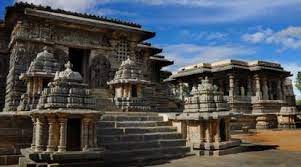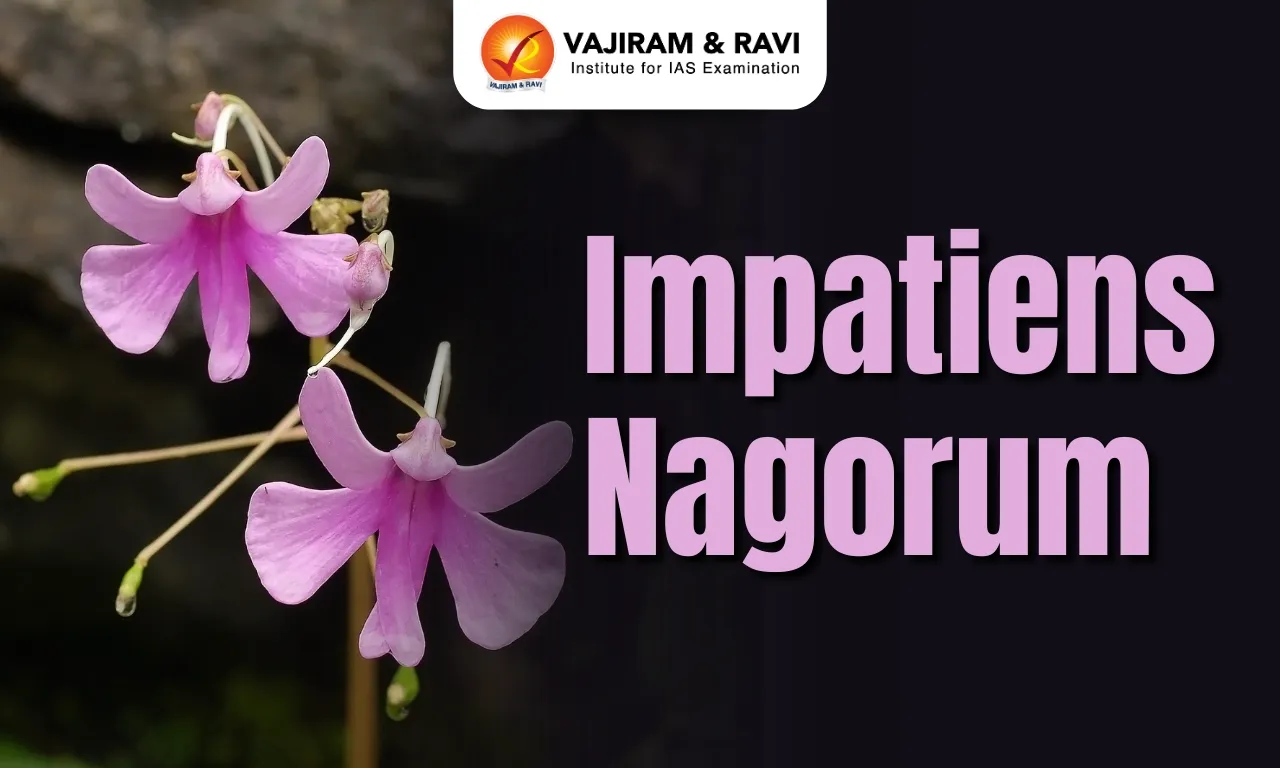About Sacred Ensembles of the Hoysala:
- The Sacred Ensembles of the Hoysalas consist of a collection of Hoysala temples.
- These are built in the 12th-13th centuries and represented here by the three components of Belur, Halebid and Somnathapura.
- The three temples include;
- The Chennakeshava temple: It is the main temple in the complex at Belur (Hassan district), located at the centre of the traditional settlement which is surrounded by the remnants of a mud fort and a moat.
- The Hoysaleswara Temple: It is on the banks of Dwarasamudra tank in Halebidu (Hassan district), a town which has many protected and unprotected temples, archaeological ruins and mounds.
- The Keshava Temple: It is at the centre of Somanathapura village (Mysore district).
- These are primarily dedicated to Hindu deities like Shiva and Vishnu, with some also devoted to the Jain faith.
- The Hoysala temples have a basic Darvidian morphology but show strong influences of the Bhumija mode widely used in Central India, the Nagara traditions of northern and western India, and the Karntata Dravida modes favoured by the Kalyani Chalukyas.
- Features of the architecture:
- The Hoysala architects made considered and informed eclectic selections of features from other temple typologies which they further modified and then complemented with their own particular innovations.
- The Hoysala style was created through a careful selection of contemporary temple features and those from the past to create a different identity from neighboring kingdoms.
- The shrines are characterized by hyper-real sculptures and stone carvings that cover the entire architectural surface, a circumambulatory platform, a large-scale sculptural gallery, a multi-tiered frieze, and sculptures of the Sala legend.
Q1) Who are Hoysalas?
The Hoysala dynasty was a medieval Indian dynasty that ruled over the Deccan region of southern India, primarily in the present-day Karnataka state, during the 10th to 14th centuries CE. The Hoysala Empire is known for its significant contributions to South Indian art, architecture, and culture.
Source: Karnataka’s sacred ensembles of Hoysalas inscribed on the UNESCO World Heritage list
Last updated on February, 2026
→ UPSC Notification 2026 is now out on the official website at upsconline.nic.in.
→ UPSC IFoS Notification 2026 is now out on the official website at upsconline.nic.in.
→ UPSC Calendar 2026 has been released.
→ UPSC Final Result 2025 is expected to be released in the first week of March 2026.
→ Check out the latest UPSC Syllabus 2026 here.
→ Join Vajiram & Ravi’s Interview Guidance Programme for expert help to crack your final UPSC stage.
→ UPSC Mains Result 2025 is now out.
→ UPSC Prelims 2026 will be conducted on 24th May, 2026 & UPSC Mains 2026 will be conducted on 21st August 2026.
→ The UPSC Selection Process is of 3 stages-Prelims, Mains and Interview.
→ Prepare effectively with Vajiram & Ravi’s UPSC Prelims Test Series 2026 featuring full-length mock tests, detailed solutions, and performance analysis.
→ Enroll in Vajiram & Ravi’s UPSC Mains Test Series 2026 for structured answer writing practice, expert evaluation, and exam-oriented feedback.
→ Join Vajiram & Ravi’s Best UPSC Mentorship Program for personalized guidance, strategy planning, and one-to-one support from experienced mentors.
→ Check UPSC Marksheet 2024 Here.
→ UPSC Toppers List 2024 is released now. Shakti Dubey is UPSC AIR 1 2024 Topper.
→ Also check Best UPSC Coaching in India




















